| University bachelor degree certificate: | Engineering sciences, technologies, mathematical sciences, computer sciences and physical sciences and ≥ 15 credits of completed subjects in the study fields of aeronautical engineering, electronics engineering, electrical engineering or mechanical engineering. |
| Proficiency in English: | IELTS ≥ 6.0, TOEFL ≥ 85, CEFR ≥ C1, or previously completed studies in english language. |
| Transcript requirements: |
Obtain a suitable transcript of your bachelor's degree from your school.
If unavailable, provide official translations and verified copies of the original documents. |
| Accepted languages: | English |
| Document legalisation: |
The documents must be legalised (Apostille) by the Ministry of Foreign Affairs of the country where the documents were issued.
This requirement does not apply to the documents issued in the EU and Belarus, Ukraine. |


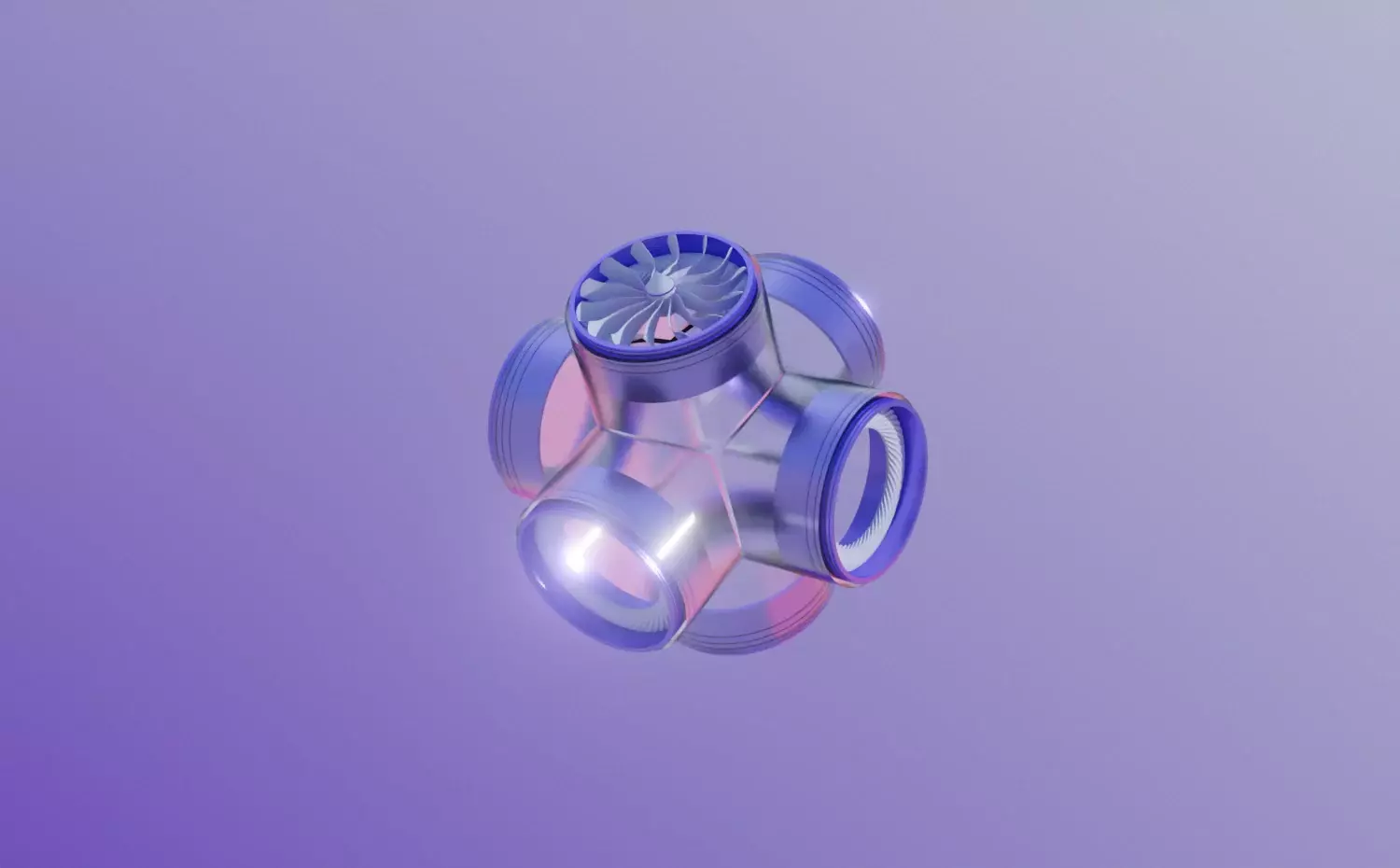

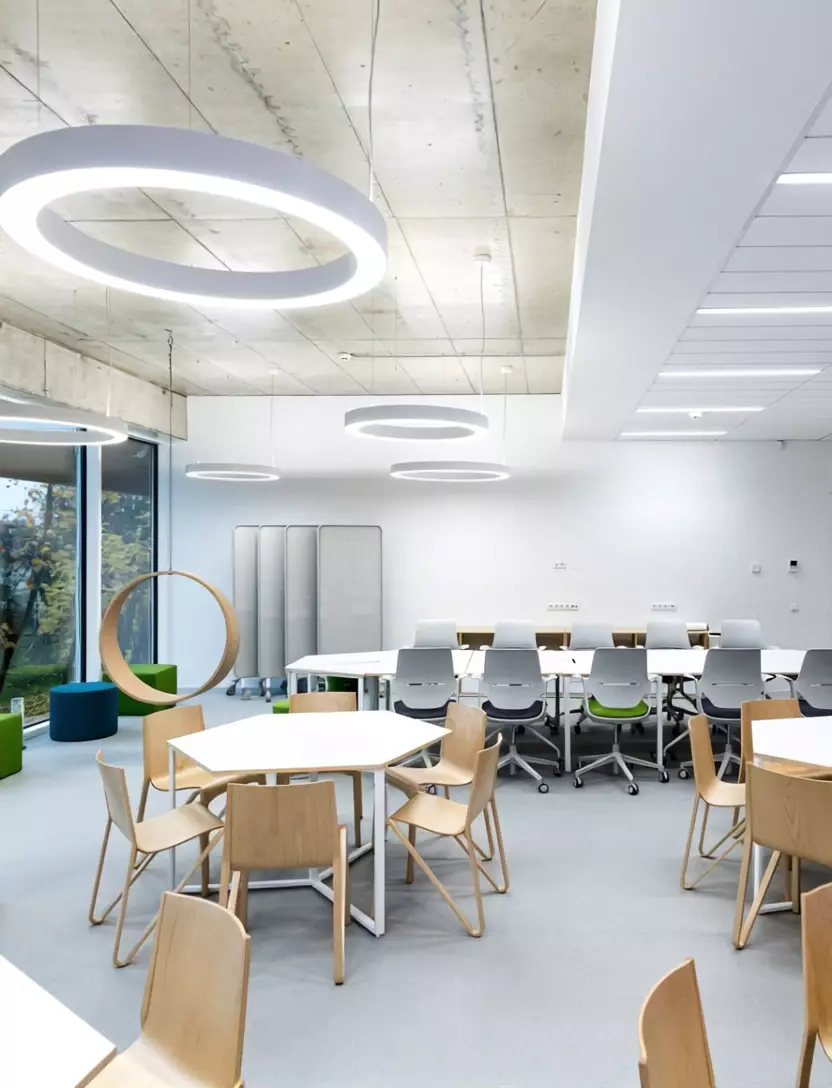
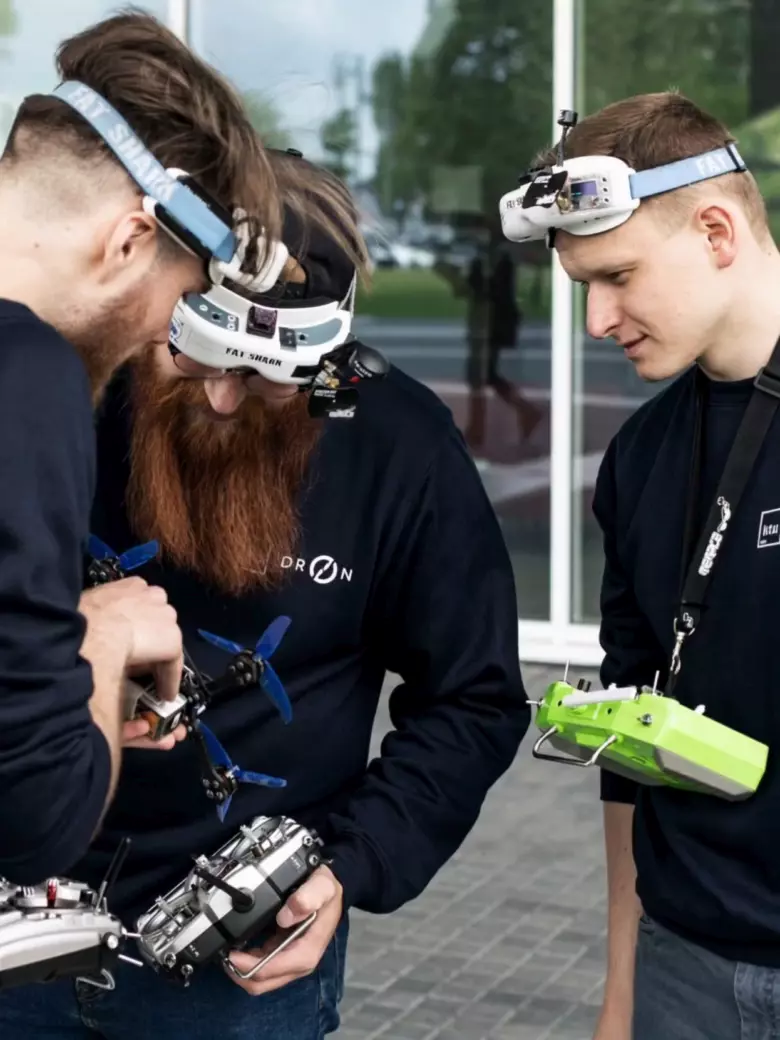
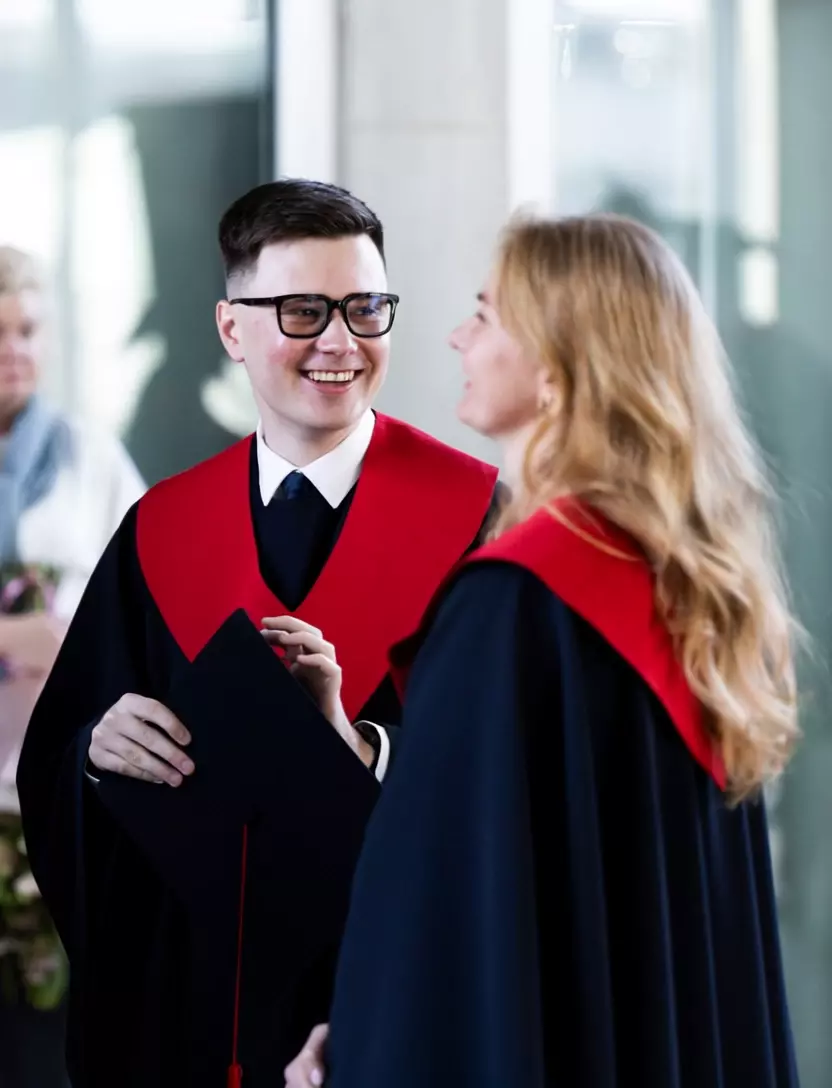
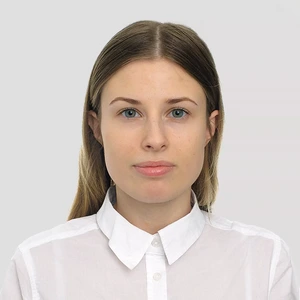

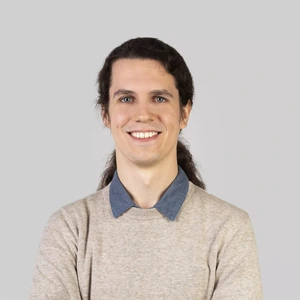
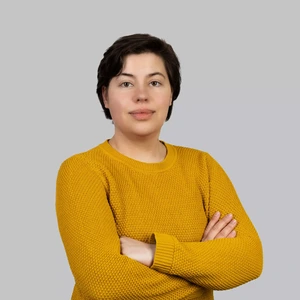
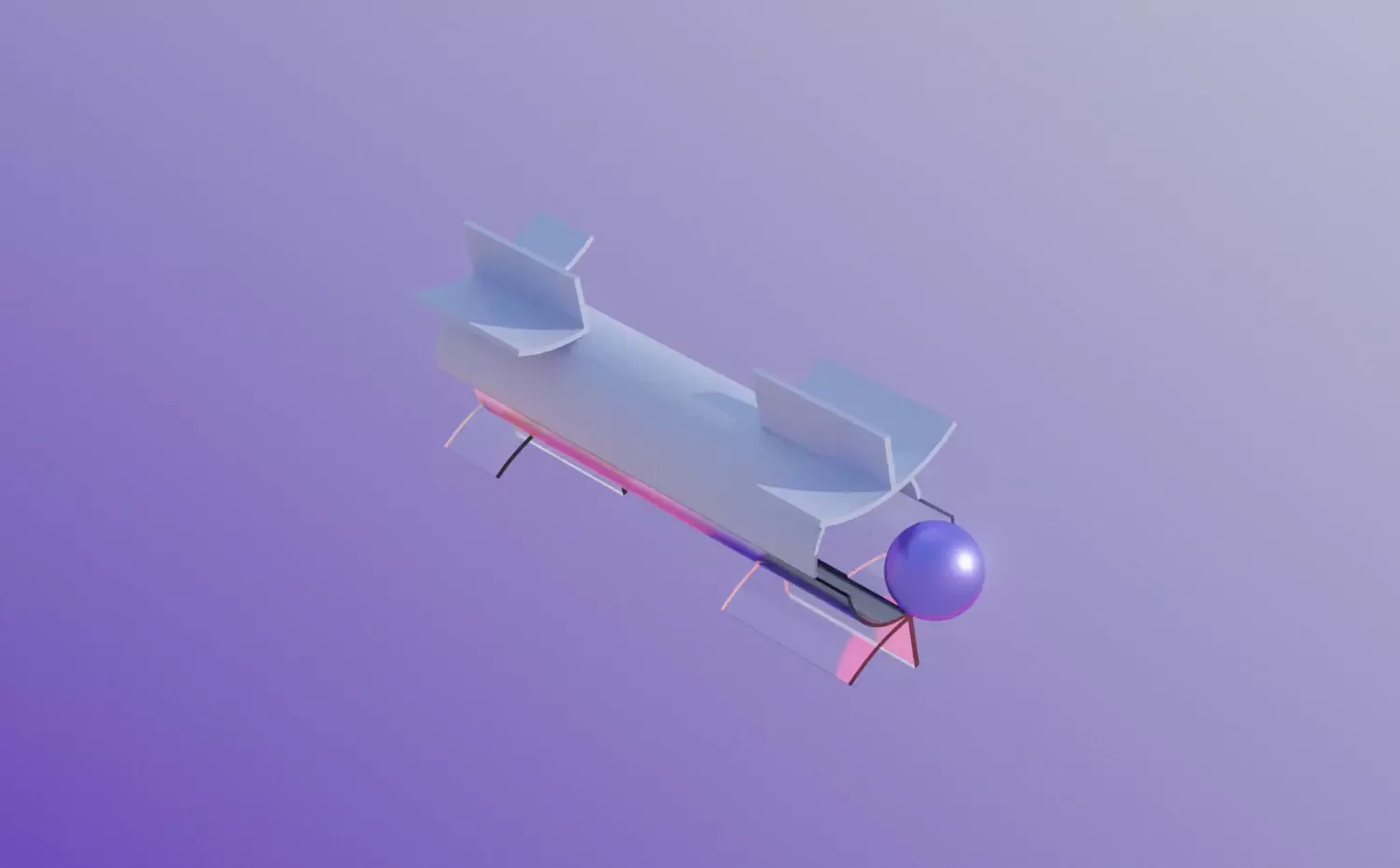
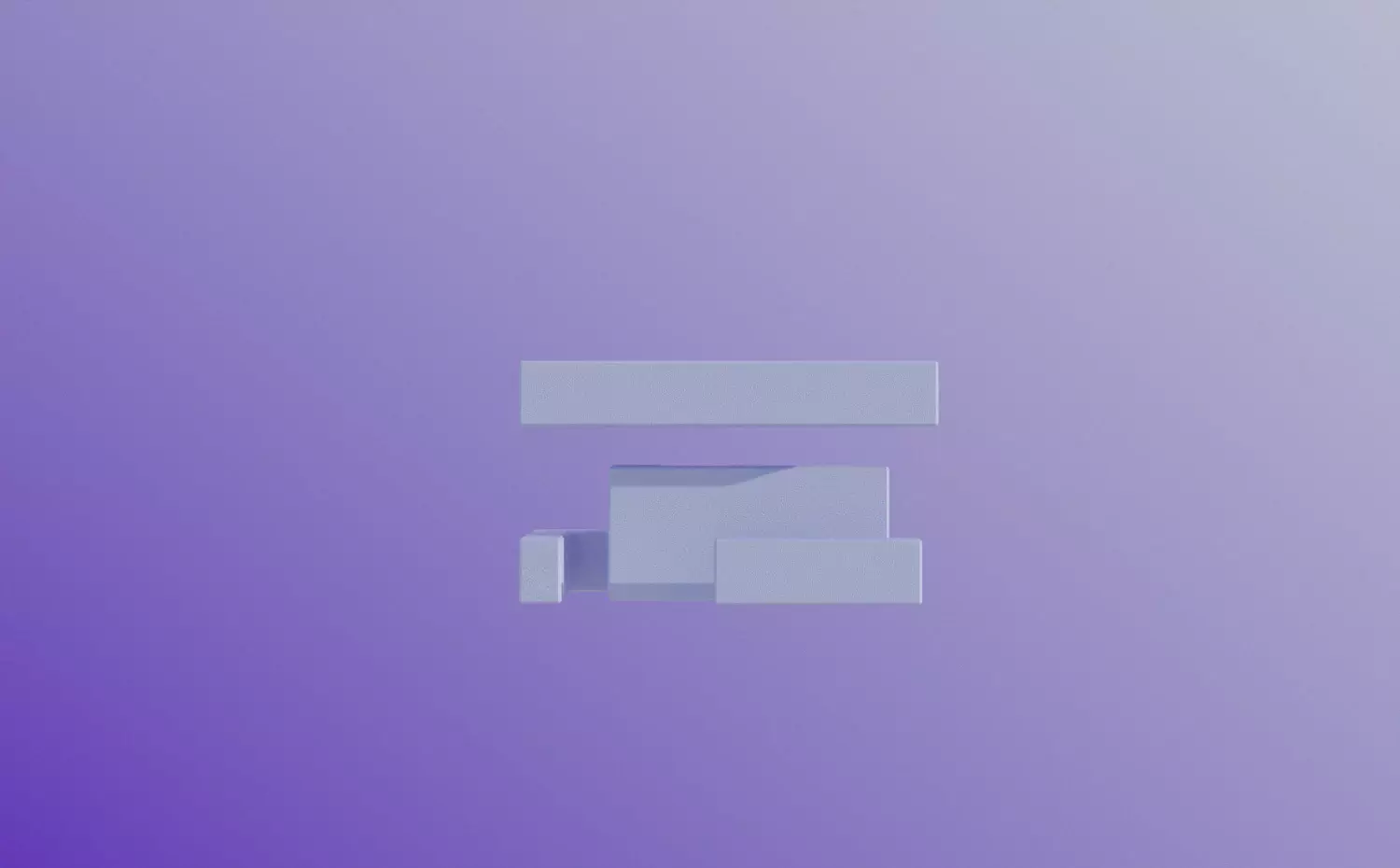

 virtual tour
virtual tour